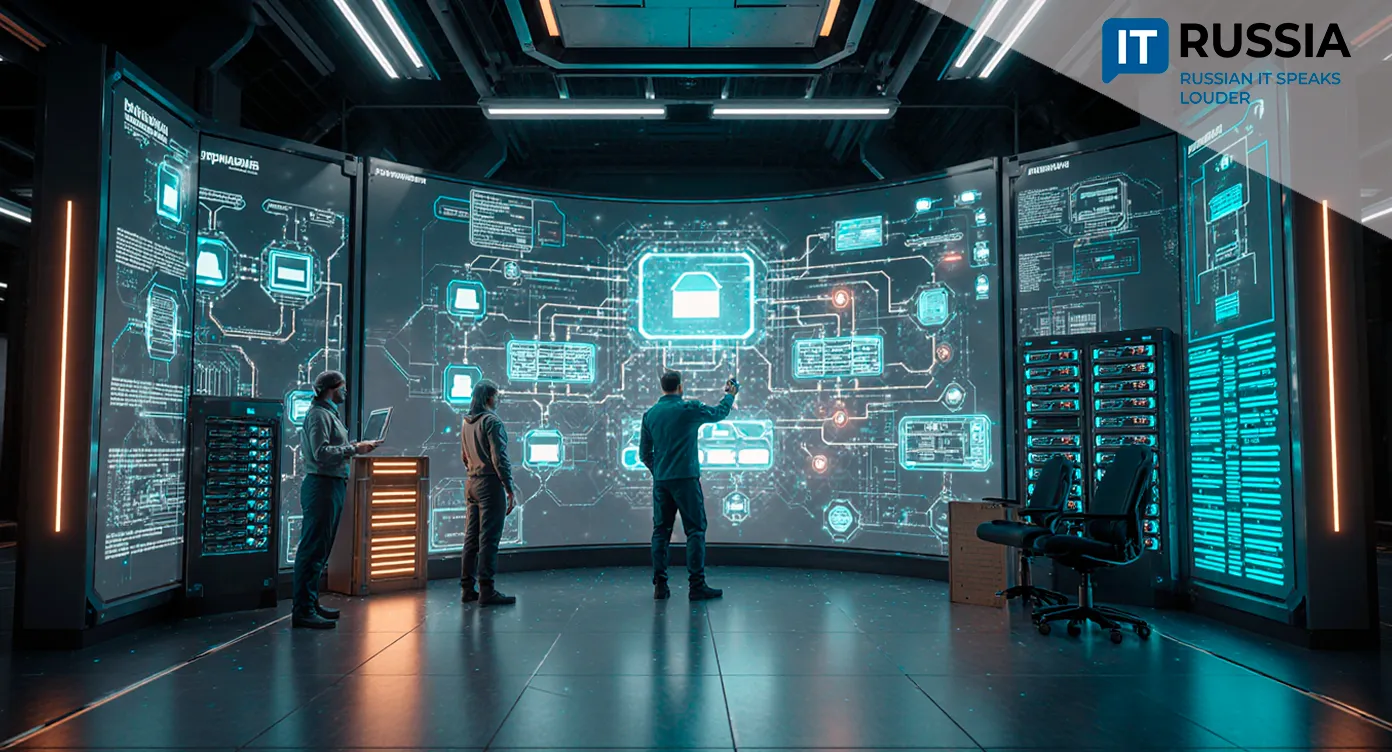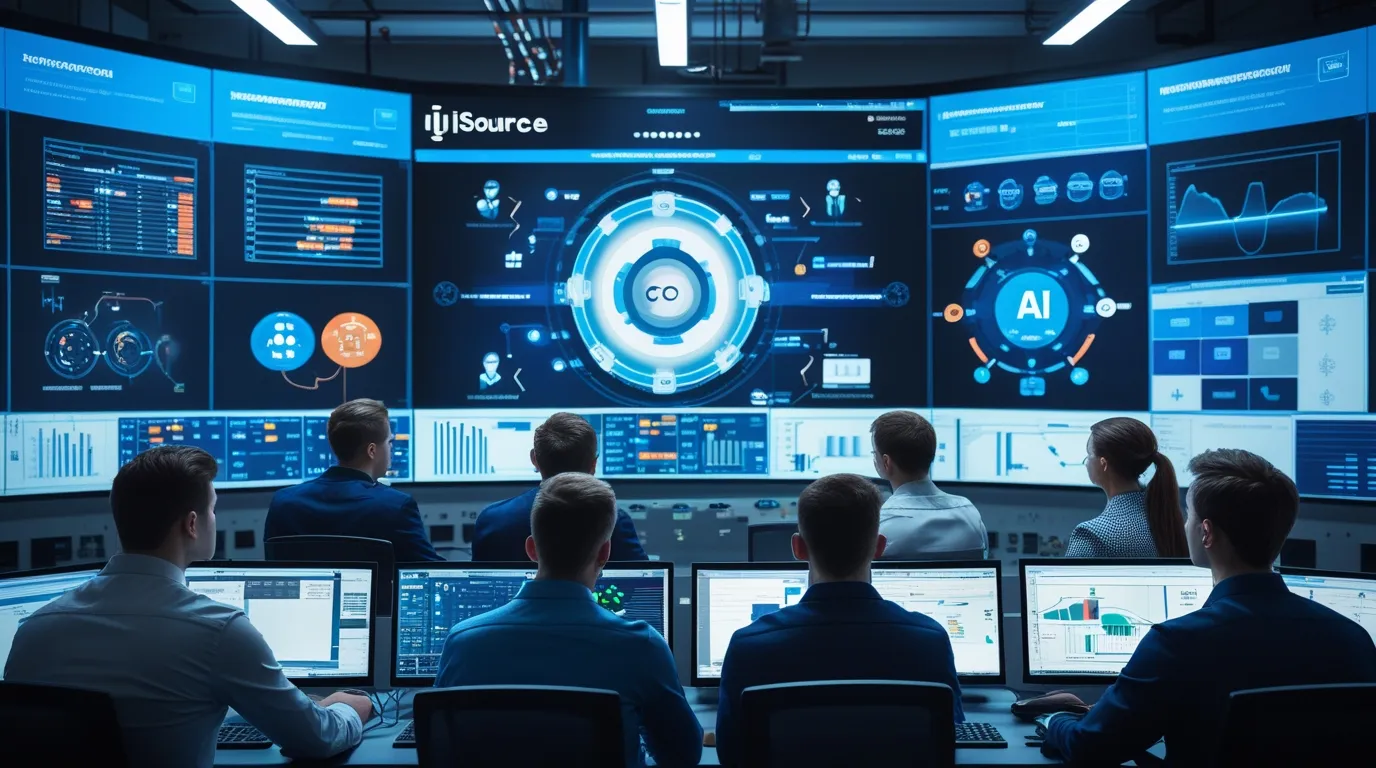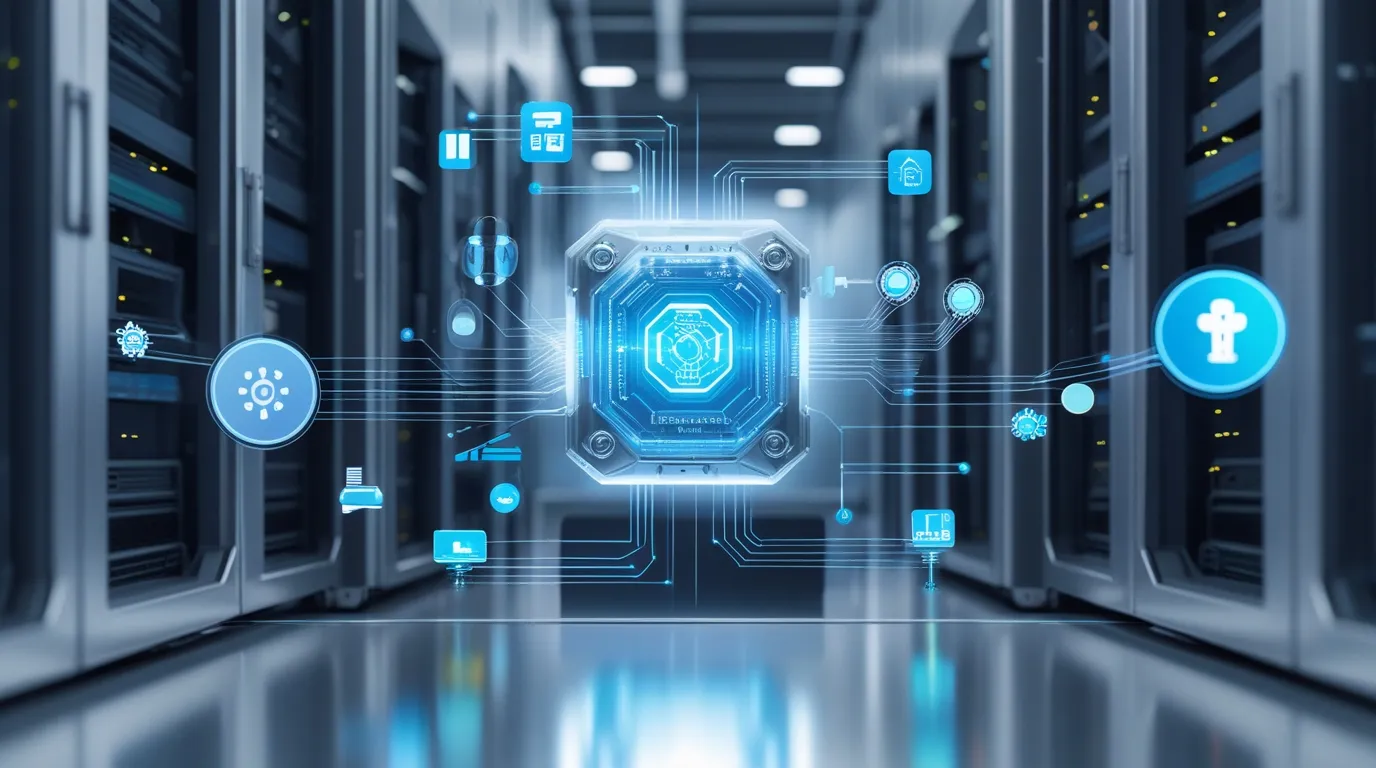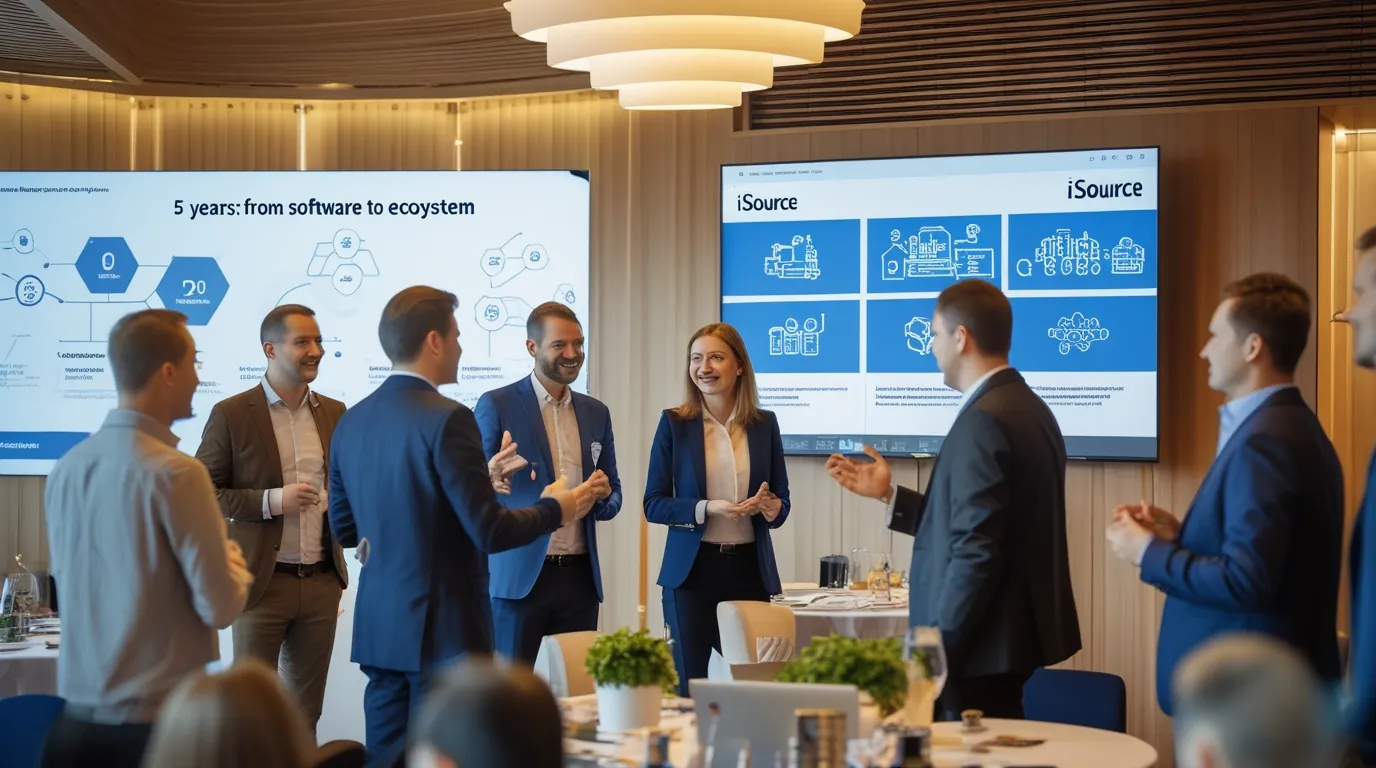Ecosystem of Sovereignty: Russia’s New Era of Industrial Automation
Russia is shaping a new model of industrial automation — open, flexible, and sovereign. Driven by innovation and technological independence, this approach could redefine the way control systems are built, deployed, and maintained across industries.

Virtual Controller: The Foundation of a Sovereign Control System
Russian company Isource has unveiled a large-scale ecosystem of innovative solutions designed for industrial and infrastructure sectors.
At its core lies a virtual controller for process control systems (PCS), implementing open architecture principles in industrial automation.
The solution comes in two forms: as a virtual machine running on the Russian hardware platform “Skala-R,” and as a trusted hardware-software complex on an industrial PC with a DIN rail mount.

Both options comply with modern PCS requirements and are built on an open-system concept, ensuring seamless integration with third-party equipment and software.
The virtual controller’s main advantage is hardware independence. Application software can be quickly and cost-effectively transferred to equipment from any vendor, giving customers greater flexibility and freedom in system design.
Moreover, the platform can be deployed not only on industrial PCs or servers but also in cloud environments, drastically reducing capital and operational costs while minimizing reliance on imported components. Essentially, Isource brings industrial automation into the digital paradigm without compromising the reliability, determinism, and performance required by industry.
Open Architecture Instead of Vendor Lock-In
Alongside the virtual controller, the company introduced another key innovation — Russian software designed to replace the upper layers of imported distributed control systems (DCS), widely used in oil and gas, chemical, and energy sectors. Since more than 70% of these systems are still of foreign origin, complete replacement is not feasible in the short term.
Isource proposes a phased approach: first, implement Russian software that supports domestic protocols and integrates with existing imported equipment. This immediately strengthens cybersecurity without the need for large-scale modernization. In the long term, this software will serve as the foundation for a fully Russian DCS — a development already underway with industry partners. Isource’s Industrial Automation Center coordinates these efforts through two laboratories — in Moscow and Kronstadt.

From National Security to Everyday Reliability
In a world marked by instability and sanctions pressure, substituting critical automation components is no longer just a trend — it’s a national necessity. Isource’s ecosystem directly addresses this challenge by reducing dependency on foreign suppliers in industrial automation — an area where even minor failures can cause serious accidents or halt strategic facilities. Moreover, the company’s ability to integrate software, hardware production, and engineering into a unified system sets a precedent that could inspire other industries, from energy and chemicals to smart cities and infrastructure.
For citizens, these solutions mean fewer system failures and outages, leading to more stable utilities and lower costs through optimized operations and reduced import dependency. For the country, it represents a step toward technological autonomy, enhanced resilience to external constraints, and the creation of an export-ready high-tech sector.

From Pilot Projects to Infrastructure, From Domestic to Global
Isource’s success opens new opportunities for international expansion, particularly in regions restricted from purchasing Western automation systems. The virtual controller — the ecosystem’s cornerstone — could become a competitive alternative to traditional PLCs, especially where flexibility, scalability, and hardware independence are essential. Domestic demand is already growing as government and major industrial players pursue import substitution and digital transformation initiatives. The Isource ecosystem fits seamlessly into national programs, clusters, and technology parks, supporting the transition from pilot projects to large-scale infrastructure — from utilities and energy to smart urban systems.
AI-driven analytics, predictive diagnostics, and process optimization tools could further enhance automation efficiency, delivering tangible benefits for industries and citizens alike.
Challenges on the Path to Independence
Achieving full independence in process control automation requires a comprehensive approach. Reliability and fault tolerance are critical: system failures can have significant financial, environmental, and social consequences. Compatibility with existing Western equipment must be maintained, especially during the transition period. Strong competition from established foreign vendors demands not only technological maturity but proven operational efficiency. Reducing reliance on imported components — microprocessors, sensors, controllers — through localized production and domestic supplier cooperation is another key task.
A New Paradigm of Industrial Automation
Russia’s industrial sector has already made significant progress in process automation. For instance, Isource’s virtual controller has been implemented at the Kronstadt Engineering Center as the backbone of an automated building management system integrating seven engineering subsystems — from lighting to power distribution — cutting operational costs by 10%. In the oil and gas sector, a pilot project in Western Siberia reduced capital expenditures by 15% through replacing part of the physical hardware with virtual controllers.
As of 2023, Russian PLCs accounted for 74% of the domestic market — a strong indicator of localization progress. AI-based quality control and process optimization systems are also being adopted in metallurgy and chemical industries. Isource is not just launching new products — it is defining a new industrial automation model for Russia: open, flexible, secure, and built on technological sovereignty.










































